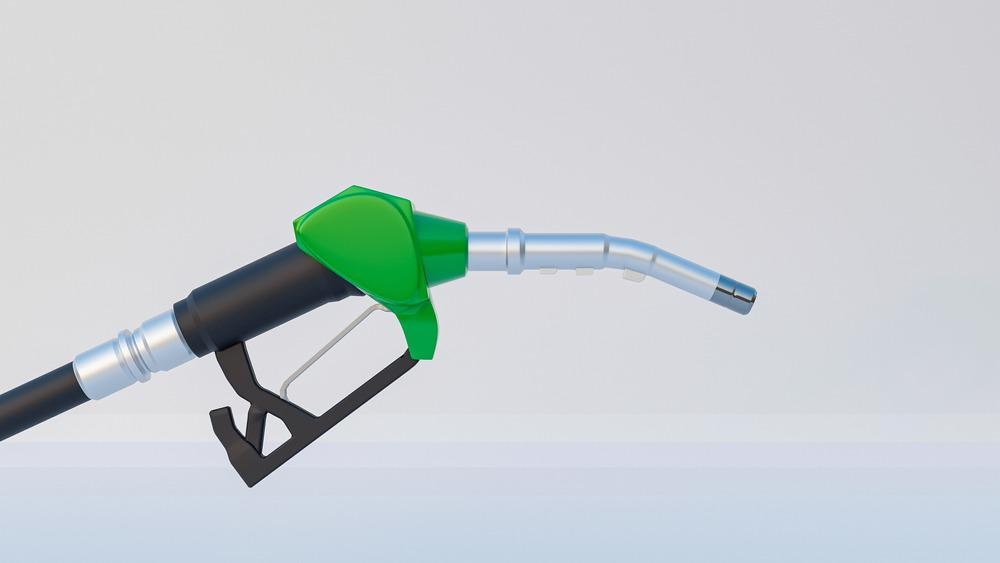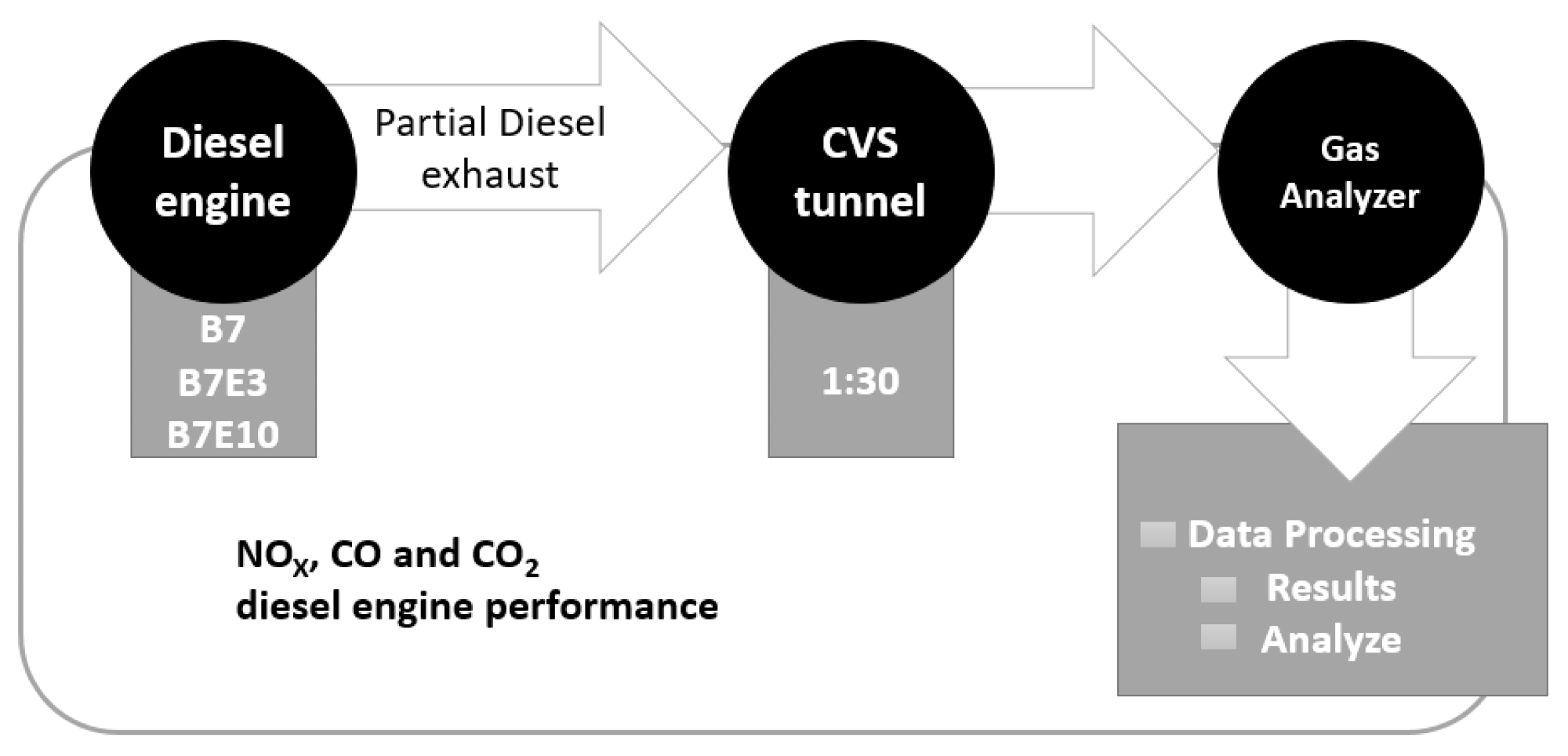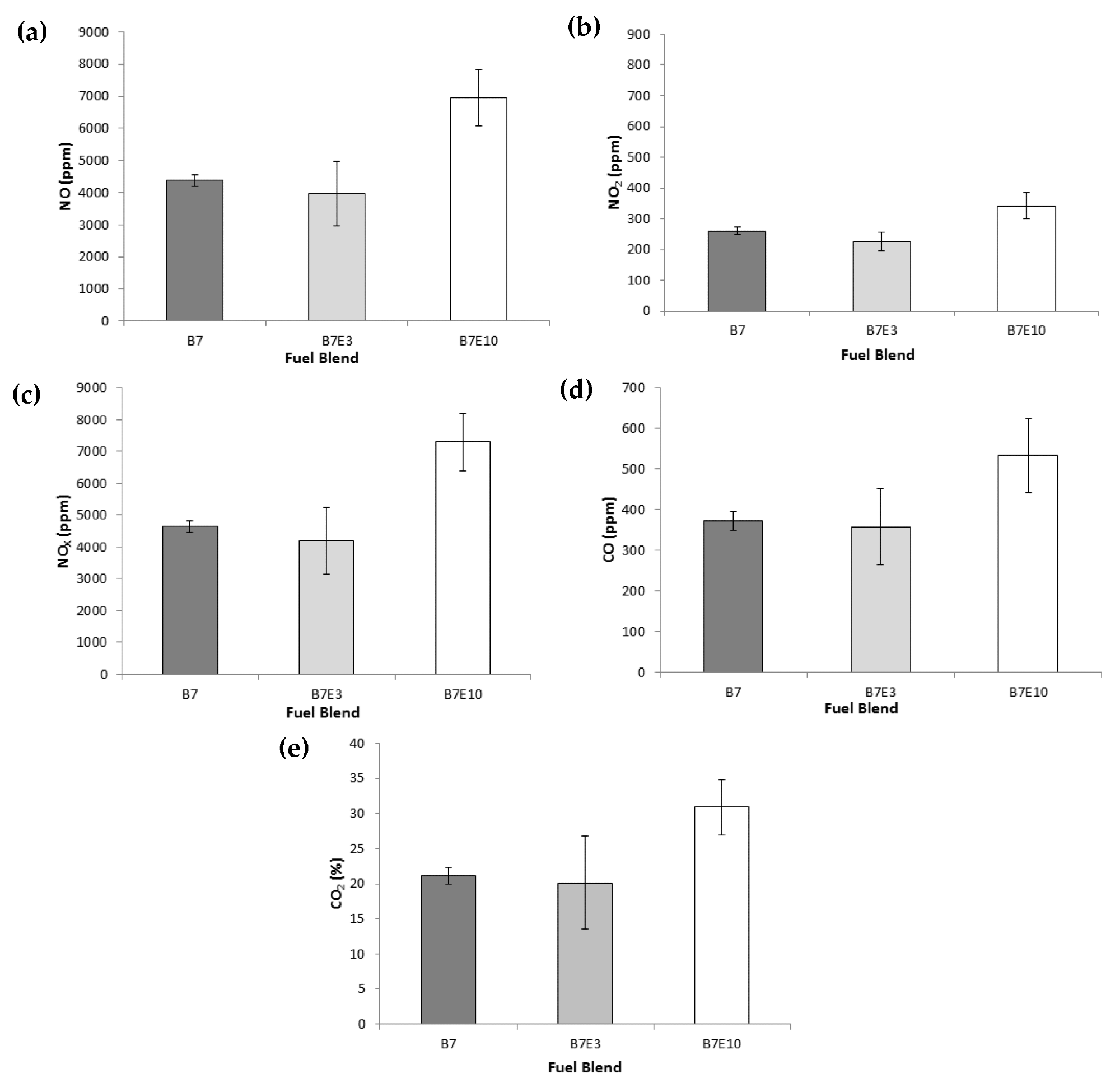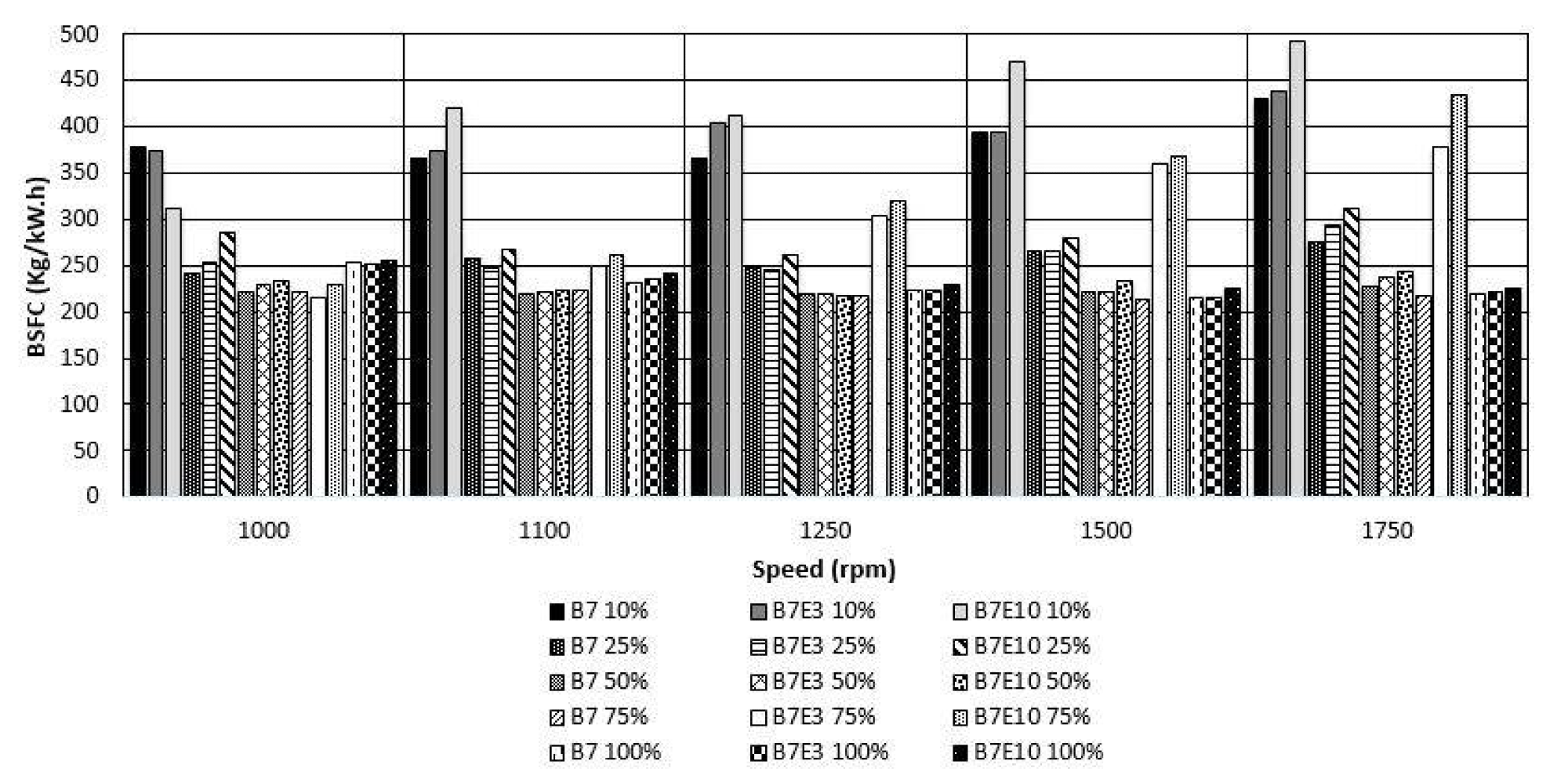Sustainable fuels are a key strategy to meet carbon emission reduction targets and mitigate the environmental damage caused by human activities. To help achieve this, a team of scientists from Brazil has investigated the performance and emissions characteristics of a blend of ethanol, biodiesel, and diesel in engines. The paper has appeared in the journal Energies.

Study: Emission and Performance Evaluation of a Diesel Engine Using Addition of Ethanol to Diesel/Biodiesel Fuel Blend. Image Credit: ShutterOK/Shutterstock.com
Formulating Green Fuels
Diesel is a ubiquitous fuel in the modern transportation industry. It provides the necessary performance for buses, trains, trucks, SUVs, as well as industrial machinery and construction equipment. However, diesel is an incredibly polluting fuel, emitting greenhouse gases, and toxic particulate matter. Air pollution from the transportation sector is responsible for large numbers of deaths in urban areas.

Schematic of experimental setup. Image Credit: Soars de Carvalho Freitas, E et al., Energies
To tackle these problems, researchers have developed fuel compositions that reduce the amount of diesel and petrol needed to power vehicles and industrial equipment. Biodiesel has found increasingly widespread application worldwide, as it is a green, efficient, and clean alternative to conventional fossil-fuel-derived diesel and requires no modification of existing diesel engines.
Other additives have been explored in recent studies to improve engine performance and reduce pollution, including ethanol, mono ethylene glycol, derivatives of glycerol, and multi-wall carbon nanotubes. Ethanol has piqued the interest of researchers as it is available at gas stations and has the benefits of low sulfur content and miscibility with diesel, albeit in small amounts. Moreover, the presence of high oxygen concentrations in ethanol contributes to reduced particulate matter emissions.
However, adding ethanol to diesel fuel mixes can adversely affect their properties and the performance of engines. Lubricity, power, viscosity, fuel stability, and the cetane number of fuels can all be affected.
Recent Research
In recent years, several studies have been conducted into alternative fuel mixes to improve the performance efficiency of diesel engines and reduce their emissions. Studies have evaluated blends of fuel with 1-50% ethanol content.
A study by Labeckas et al. has reported reductions in engine power but, conversely, CO, SO2, and soot density using diesel blends with 10-15% ethanol content. NOx content, however, increased compared with ordinary diesel in turbocharged four-cylinder engines. Other studies have reported decreased engine combustion duration, increased ignition delay, reduced nitric oxide, and increased NOx and hydrocarbon emissions.
Other studies in the current literature have evaluated post-treatment systems. Researchers have applied genetic algorithms to the evaluation of biodiesel/ethanol blends on diesel engine performance and to aid optimization strategies. Al2O3 nano additives have been evaluated by some researchers to elucidate their influence on diesel-biodiesel-ethanol mixes, with performance improvements and emissions reductions observed when using these additives.

Exhaust gases from burning of each fuel blend: (a) NO; (b) NO2; (c) NOX; (d) CO; and (e) CO2. Image Credit: Soars de Carvalho Freitas, E et al., Energies
The Study
Whilst biodiesel is greener and more sustainable than conventional diesel oil, it is not price-competitive. The research published in Energies has proposed adding ethanol to mixtures of diesel and biodiesel, reducing the amount of biodiesel required, and providing economic savings as the cost of ethanol production is 29 times lower than manufacturing biodiesel.
Parameters were studied in depth in the research using an experimental setup wherein an engine (supercharged with a generator) that runs on diesel was fueled with three different diesel, biodiesel, and ethanol fuel blends under 25 conditions. In these conditions, speed and load were varied, making for a total of 75 different operating conditions which provided comprehensive data on the performance efficiency and emissions reductions of the fuel mixtures.
Results of the Research
Under part load conditions, thermal efficiency is impacted by increasing concentrations of ethanol due to small decreases in power availability and torque. Under full-load conditions, each fuel displayed extremely similar thermal efficiency. No significant differences in energy or engine malfunctions occur with the inclusion of small amounts of ethanol in diesel/biodiesel fuel mixtures.

BSFC of the fuel blends for each operation condition in the diesel engine. Image Credit: Soars de Carvalho Freitas, E et al., Energies
NOx emission values were increased when adding ethanol, with NO values higher than NO2. Additionally, increased ethanol content increased CO2 and CO emissions. When engine speed reaches the maximum value, there is a significant increase in pollutant emissions.
The increase in pollutant emissions due to the presence of ethanol in mixtures is problematic and requires further research, but the cost of fuel and the reduction in biodiesel content is lower. Despite the observed drawbacks, the study has demonstrated that renewable elements can be introduced into diesel oil fuels without modifications to the engines. Additionally, the lack of thermal efficiency loss when ethanol is included in fuel mixtures is favorable.
The authors have stated that future research should concentrate on exhaust after-treatment systems and how they can contribute to emissions reductions for these alternative renewable fuels. Secondly, research should investigate additives that can improve the cetane number of diesel-biodiesel-ethanol fuel mixtures.
Further Reading
Soars de Carvalho Freitas, E et al. (2022) Emission and Performance Evaluation of a Diesel Engine Using Addition of Ethanol to Diesel/Biodiesel Fuel Blend Energies 15(9) 2988 | mdpi.com. Available at: https://www.mdpi.com/1996-1073/15/9/2988
Disclaimer: The views expressed here are those of the author expressed in their private capacity and do not necessarily represent the views of AZoM.com Limited T/A AZoNetwork the owner and operator of this website. This disclaimer forms part of the Terms and conditions of use of this website.